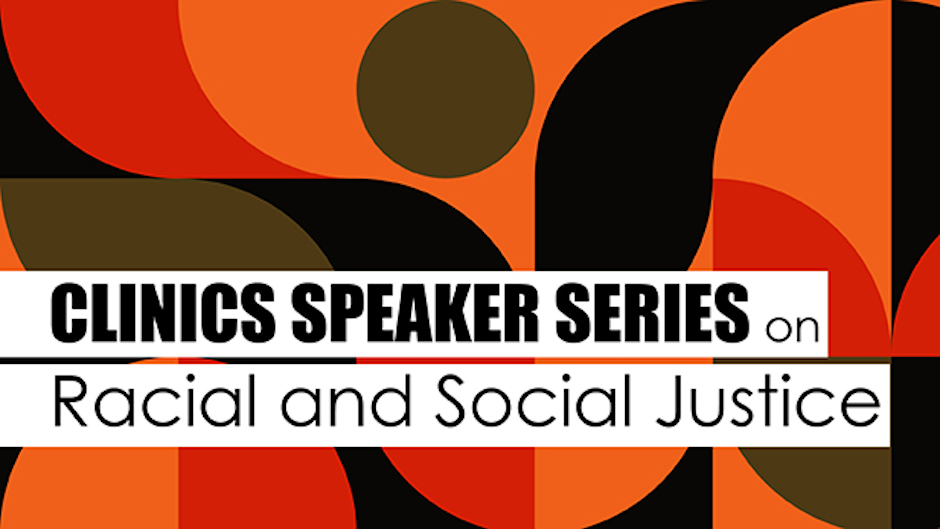The legal clinics at Miami Law have launched a speaker series to help equip law students with tools to advance racial and social justice in their work. The series will supplement the training provided in individual law school courses by addressing overarching themes and transferable skills to fight for racial equity and transformative change across diverse practice areas.
The series, presented throughout the fall semester, kicked off with a presentation by History Miami Museum discussing the history of the historically African-American, Afro-Caribbean and Latin/Hispanic communities that are home to many of the clients served by the clinics or public interest externships. The session highlighted how voter disfranchisement, Jim Crow, redlining, immigration and other policies shaped the inequality we see in Miami today.
“The series was inspired by the remarks of Jordan Rhodes, Student Bar Association President, during the Law School’s Teach-In on racist police brutality and solutions in the immediate wake of George Floyd’s death,” said Kele Stewart, associate dean for experiential learning. “Jordan highlighted the clinic and street law as two of her law school classes where she did meaningful work to benefit the community, but she challenged Miami Law to do even more to educate law students on racial justice issues.”
Rhodes will moderate the session “Listening to Clients and Communities,” where clinic clients and collaborators discuss their advocacy and give law students suggestions on how lawyers can work alongside community members to effectuate transformative change and stronger communities. Rev. Nathaniel Robinson, Greater St. Paul AME Church, St. Paul CDC and G.R.A.C.E Inc.; Francisco Duberli from Survivors Pathway; Romina Montenegro from United We Dream; and Shalonda Rivers, the president of the Cordoba Courts Tenant Association and a Board Member of the National Low Income Housing Coalition, will present.
“In my law school classes, I have frequently listened to students speak as though racism is a history lesson and not a common experience for many Black and Brown people,” said Rhodes. “I think Miami Law as a community has a duty to properly educate its students on the ways in which racism has influenced our legal system. Participating in conversations like the Clinic Speaker Series creates an environment for learning and growth so that we can become better future attorneys.”
In October, in concert with the HOPE Social Justice Series, in “Lawyering for Racial Equity” students will hear from movement lawyers how the Black Lives Matters movement connects to the work students are doing and learn how to apply practical racial equity tools. National expert Purvi Shah, founder of Law for Black Lives, the Movement Law Lab and Miami’s Community Justice Project, and former adjunct professor at Miami Law, will facilitate this dynamic session.
In November, Hope Metcalf, who co-teaches the Lowenstein International Human Rights Clinic at Yale Law School and is Executive Director of the Orville H. Schell, Jr. Center for International Human Rights, will facilitate the session “Looking after Secondary and Intergenerational Trauma.” Students will learn tools to mitigate the impact of secondary trauma, sometimes called vicarious trauma or compassion fatigue, often experienced by social justice lawyers and other helping professionals from indirect exposure to client’s traumatic experiences. The session will also explore the impact of trauma on clients with a particular emphasis on intergenerational trauma and stressors caused by systemic racism, as well as the often-overlooked power of resilience.
“Our law students already learn about systemic injustice in individual subject areas, but we wanted them to understand how the national reckoning with racial justice can activate their work, regardless of whether they are doing immigration, child advocacy, tenants’ rights, health rights, bankruptcy, entrepreneurship or another type of practice,” said Stewart.
Read more about Miami Law’s clinics.

